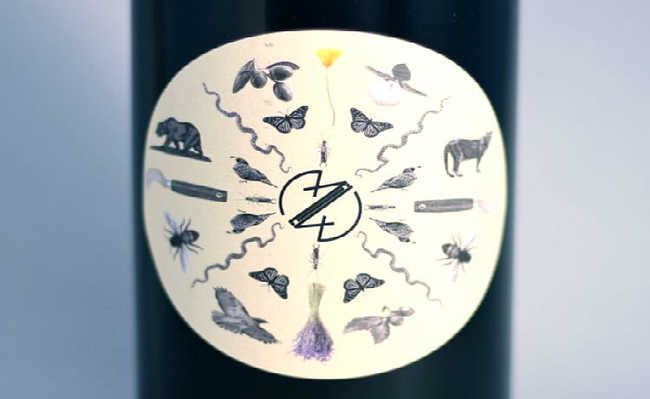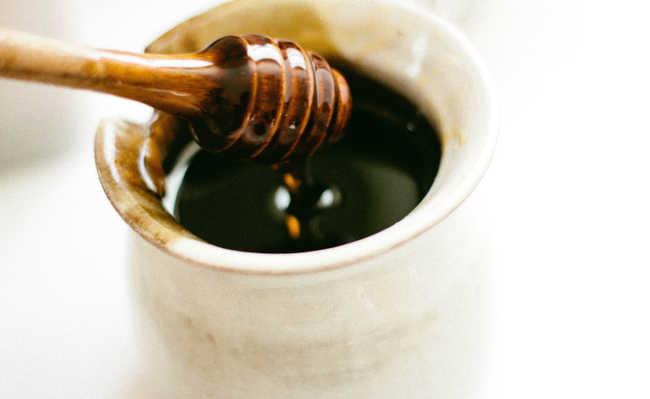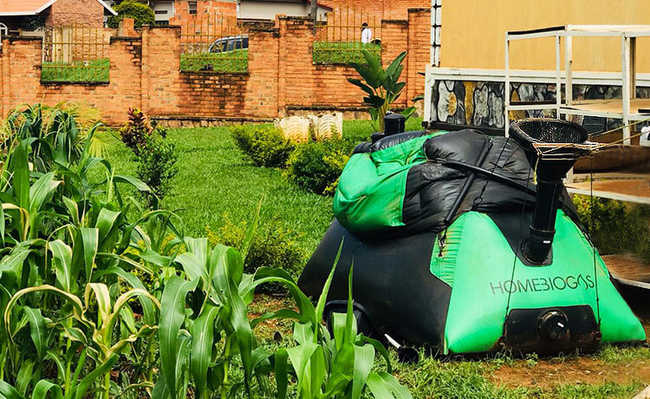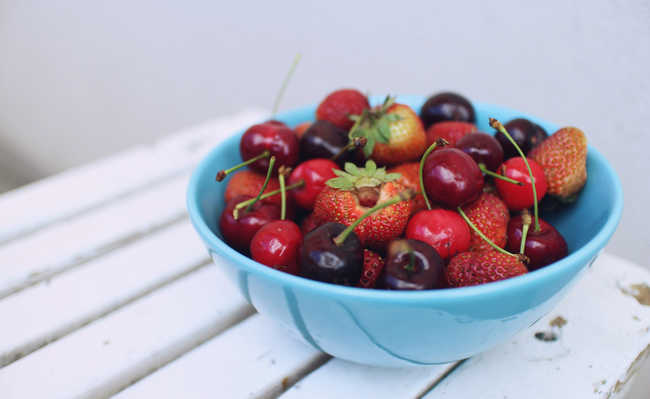Biodynamic wines: produced with a rigid method that goes far beyond pure mysticism
Biodynamic agriculture believes in the impact of celestial bodies on production, and seeks a balanced integration with the environment

Anyone looking for organic and natural food and products will eventually come across the term “biodynamic agriculture”. Wines could not escape this rule: within ecological wines, such as organic and natural ones, there are biodynamic wines. But what is biodynamic agriculture? And what are biodynamic wines?
Biodynamic Agriculture

Biodynamic products are organic that follow the anthroposophical philosophy. The biodynamic model of agricultural production, constituted as it is today, emerged in 1924 thanks to the mentor of anthroposophy, the philosopher and esotericist Rudolf Joseph Lorenz Steiner. In biodynamic agriculture, as in organic agriculture, synthetic fertilizers, poisons, herbicides, transgenic seeds, antibiotics or hormones are not used.
The philosophy seeks healing through the land, the production of food with what they call “true vitality”, achieved with respect for the environment, the farmer (with their traditions) and the consumer.
The biodynamic model aims at the integration and harmony between the various activities of an agricultural property, such as vegetable garden, orchard, cereal field, animal husbandry and native forests.
In addition, farmers use the astronomical calendar as an orientation tool for times to work the land, such as planting, natural treatments, harvesting, etc.
Currently, agricultural production is entirely controlled with artificial irrigation, agrochemicals and inputs developed according to the producer's needs. It becomes unthinkable for a farmer to rely on the wisdom of nature to control his production, right? But that's not how producers who follow the biodynamic philosophy think.
If you think about it, there is really nothing "new" behind the theory of biodynamics. Humanity has always looked to heavenly bodies for guidance since ancient Greeks and Egyptians. In ancient times, moon phases were an important tool used by farmers to control crops and planting. Many religious festivals even originate from the passage of the lunar phases, due to their importance in the construction and organization of society.
The wisdom of the land often has its imagery linked to mysticism. Throughout our history, human beings have attributed large crop losses or years of good return from planting as divine blessings or punishments.
Although biodynamic agriculture may seem like pure mysticism, quackery or nonsense, anthroposophical philosophy is a very beautiful form of production and is based on millenary knowledge. There's no denying that it's an example of respect for the environment, even if you don't believe in the impact of stars' activities on earth.
Biodynamic wine

Biodynamic agriculture has nothing to do with a sect or witches tinkling crystal mobiles in the vineyard. Although some practices cause some strangeness in the eyes of the most skeptical, biodynamics is basically respect for the capacity of the production system, the life cycle of plants and our relationship with nature. Therefore, the products are seasonal, but of high biological, nutritional and vital value.
For food to be balanced and healthy, it needs to come from a plant with all these characteristics. Anthroposophy believes that, for a plant (or any other living thing) to be in perfect balance, it needs to be integrated as naturally as possible into the system where it lives. Well, that's where everything comes in: the moon, the sun, the universe and the four elements (water, earth, fire and air). It may sound pretentious or utopian, but it's a good way to reflect the impact of our consumption on the planet.
Biodynamic producers believe that everything in the universe is interconnected and gives off a resonance or 'vibration'. The interconnectedness of everything includes celestial bodies like the Moon, planets and stars. Biodynamic viticulture is a holistic view of agriculture and seeks to balance this resonance between vine, man, earth and stars in the production of biodynamic wine.
The best known biodynamic certification seal is from the Demeter Institute. Demeter sets a maximum of 70 mg/l of sulphites in red wines, 90 mg/l in white or rosé wines and around 210 mg/l in sweet white wines. However, many biodynamic vineyards are not certified, whether by principles, budget constraints or bureaucracy. The application of this philosophy is quite rigid. There is an extensive booklet on management methods, harvesting, etc.
All the various tasks of wine production, such as planting, pruning and harvesting, are governed by a biodynamic calendar. Homeopathic preparations made from minerals, cattle manure and medicinal plants are used to promote vitality in food. Cow horns are stuffed with special compost preparations. After being buried for a while, the contents of the horns are used to fertilize the vine. Because of this practice, biodynamic agriculture may not be very attractive to vegetarians.
In the production of biodynamic wine, producers emphasize minimal intervention in the wine, with biodynamic preparations in place of chemical treatments, wild yeasts instead of selected yeasts, and a very low level of sulphitation (addition of sulphite to the wine as a preservative).
Due to the minimal interference of man or synthetic additives, the defenders of philosophy claim that this type of wine is the maximum expression of the terroir of a region. With this method, the wine has its characteristics linked to the terroir, like aromas and flavors, maximized. After all, they do not use masks or chemical manipulations that allow them to hide characteristics or defects.









